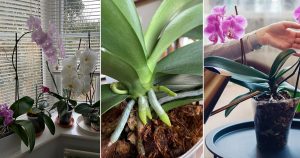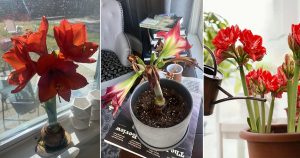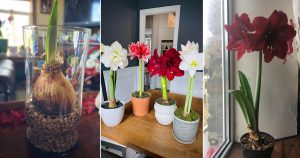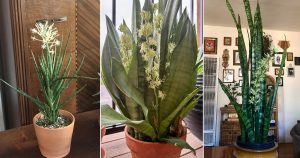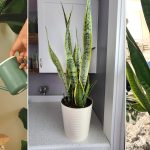I think we can all agree that the people who work for NASA are pretty smart. Right? In the 1980s those smart folks turned their attention to plants. Specifically indoor plants. NASA scientists wanted to know which plants did the best job of improving indoor air quality?
Houseplants have an advantage over outdoor plants when it comes to purifying air. Indoor plants are adapted to tropical areas where they grow beneath dense tree canopies and get very little light. These plants evolved to efficiently capture light, which means they must be equally efficient when processing the gasses necessary for photosynthesis. Scientists believe this gives indoor plants better ability to absorb the harmful gases exuded from pretty much everything that is mass produced theses days, from furniture to flooring to wall paint.
Here are the plants that the NASA scientists found to be the best at removing toxins commonly found in indoor air:
- Philodendron scandens `oxycardium’, heartleaf philodendron
- Philodendron domesticum, elephant ear philodendron
- Dracaena fragrans `Massangeana’, cornstalk dracaena
- Hedera helix, English ivy
- Chlorophytum comosum, spider plant
- Dracaena deremensis `Janet Craig’, Janet Craig dracaena
- Dracaena deremensis `Warneckii’, Warneck dracaena
- Ficus benjamina, weeping fig
- Epipiremnum aureum, golden pothos
- Spathiphyllum `Mauna Loa’, peace lily
- Philodendron selloum, selloum philodendron
- Aglaonema modestum, Chinese evergreen
- Chamaedorea sefritzii, bamboo or reed palm
- Sansevieria trifasciata, snake plant
- Dracaena marginata, red-edged dracaena
The scientists who conducted the study found that different plants do a better job of removing different toxins, so it’s best to use a variety of the plants listed above. You need at least 15 plants per 2000 square feet of space to provide the best benefit.
NOTE: Several of the plants on the list are toxic to cats, dogs and small children, so do your research first if you share your home with smaller critters.

